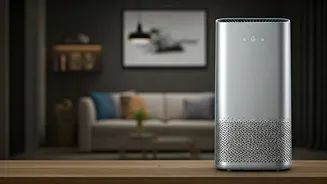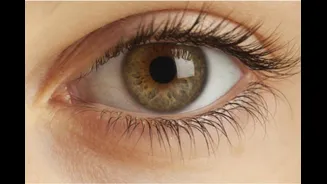Air Pollution Concerns
Delhi, a bustling metropolis, consistently grapples with air pollution, a significant public health challenge. The air quality in Delhi frequently deteriorates
to unhealthy levels, particularly during specific seasons. This degradation is attributed to a combination of factors, including vehicular emissions, industrial activities, construction dust, and seasonal agricultural burning in neighboring states. The concentration of particulate matter (PM2.5 and PM10), which are fine inhalable particles, often surpasses safe limits set by health organizations, leading to various respiratory and cardiovascular issues among the city's residents. These pollutants can penetrate deep into the lungs and even enter the bloodstream, causing serious health complications. Therefore, the need for effective measures to mitigate the effects of air pollution in Delhi is paramount. This includes implementing stricter emission control regulations, promoting sustainable practices, and educating the public about protective strategies, such as using air purifiers in homes and offices.
Why Air Purifiers Matter
Given the severity of air pollution in Delhi, air purifiers have become vital for indoor air quality management. These devices work by filtering out harmful pollutants, allergens, and other irritants from the air. They are specifically designed to trap particulate matter, such as dust, pollen, and smoke, that can cause or exacerbate respiratory problems. Air purifiers employ various filtration technologies, including HEPA filters, activated carbon filters, and UV-C light, to remove different types of pollutants. HEPA filters are particularly effective at capturing fine particles, while activated carbon filters absorb odors, gases, and volatile organic compounds (VOCs). UV-C light can neutralize bacteria, viruses, and other microorganisms. Using an air purifier can significantly improve indoor air quality, reducing exposure to harmful pollutants and promoting a healthier living environment. This is especially crucial for vulnerable populations, like children, the elderly, and individuals with existing respiratory conditions.
Choosing the Right Purifier
Selecting an air purifier involves considering several factors to ensure it meets your specific needs. The size of the room is a crucial determinant; the purifier's Clean Air Delivery Rate (CADR) indicates its effectiveness in cleaning air in a given area. It's important to choose a purifier with a CADR appropriate for the room size. Filtration technology is another critical consideration. High-Efficiency Particulate Air (HEPA) filters are highly effective for removing particulate matter, while activated carbon filters are essential for removing odors and gases. Consider your specific needs; if you have allergies, prioritize a purifier with a HEPA filter. Evaluate the noise level; quieter models are preferable, especially for bedrooms. Check the maintenance requirements, such as filter replacement frequency and cost. Additional features like smart controls, air quality sensors, and pre-filters can also enhance convenience and performance. Reading reviews and comparing different models will help in making an informed decision.
Placement and Usage
Proper placement and usage of air purifiers are essential for maximizing their effectiveness. Place the purifier in a central location within the room to ensure even air circulation. Avoid placing it near walls or furniture, which can obstruct airflow. Keep windows and doors closed to prevent outdoor pollutants from entering and compromising the air quality. Regularly replace the filters according to the manufacturer's instructions; this ensures the purifier's continued efficiency. Monitor the air quality using the purifier's built-in sensors or an external air quality monitor to assess its performance. Run the air purifier continuously, especially during periods of high pollution, to maintain clean air. Ensure the air purifier is suitable for the room size, considering the CADR rating. Regular maintenance, including cleaning the pre-filter, will extend the life of the purifier and maintain optimal performance. By adhering to these guidelines, residents can effectively utilize air purifiers to improve their indoor air quality and protect their health against the adverse effects of Delhi's air pollution.





















